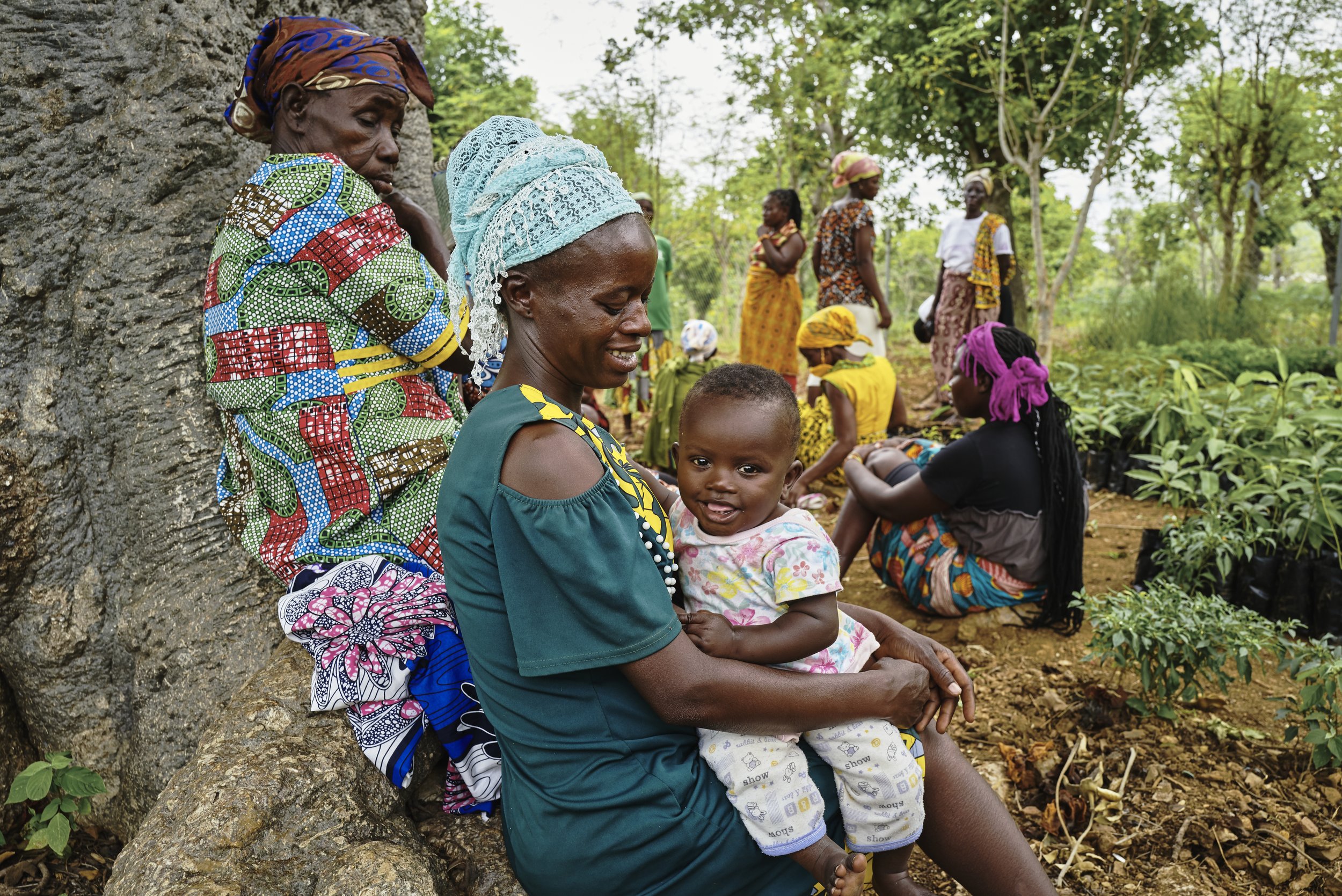Boosting gender equality in conservation
Against the backdrop of the climate and ecological crises, women are reshaping their role in conservation initiatives as they work to restore and protect native forests.
From fuelwood collection to fetching water, it’s no question that women in rural areas have an intricate relationship with forest ecosystems.
But deforestation and climate change are contributing to the steady decline of native forests globally. And the loss of healthy forest ecosystems means that women have to travel longer distances to collect essential forest products that sustain their families needs.
How climate change disproportionately affects women
It has been shown that women are particularly vulnerable to the effects of climate change. For rural women, rising hunger and poverty brought on by environmental stressors like droughts and floods also leads to increased workloads and higher rates of domestic violence incidences .
Unfortunately, the disparate impacts of climate change on women is often ignored.
Gender sensitisation training
We believe that if we are to secure our planet’s future, it is crucial for women and their needs to be at the heart of conservation and natural resource management initiatives.
That’s why we’re conducting gender sensitisation training sessions to facilitate meaningful conversations that address gender inequality in order to shift societal attitudes towards women.
And just last week, community members including elders of the sacred Kaya Forests, engaged in fruitful discussions during a gender sensitisation workshop led by our team in Kilifi County, Kenya.
The aim of this session was to ensure that activities under the ‘Kaya Connect: Restoring the Eastern Africa Coastal Forest biodiversity hotspot’ project led by Botanic Gardens Conservation International, help reduce gender inequalities within Kilifi county.
Mercy Kimani, ITF’s Kenya Programme Manager, told us, “the training sort to bring out the need to mainstream gender in our restoration activities, ensuring that women are included as beneficiaries in the project. All together, we trained 136 community members and inequalities were well elaborated and challenged by participants. Overall, the training was only a scratch on the surface. But every journey starts with one step.”
Moving forward, International Tree Foundation will continue working with communities and supporting women within those communities to have an equal say in conservation and natural resource management matters.
Donate today
Support communities on the front lines of the climate crisis to plant trees, restore ecosystems and improve their livelihoods.









